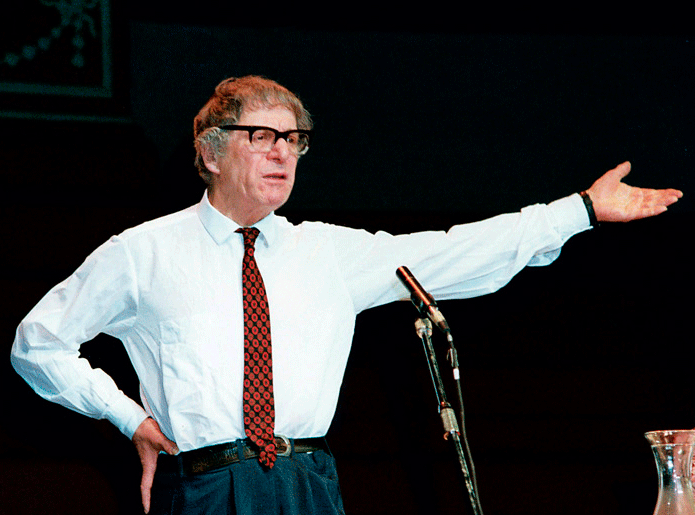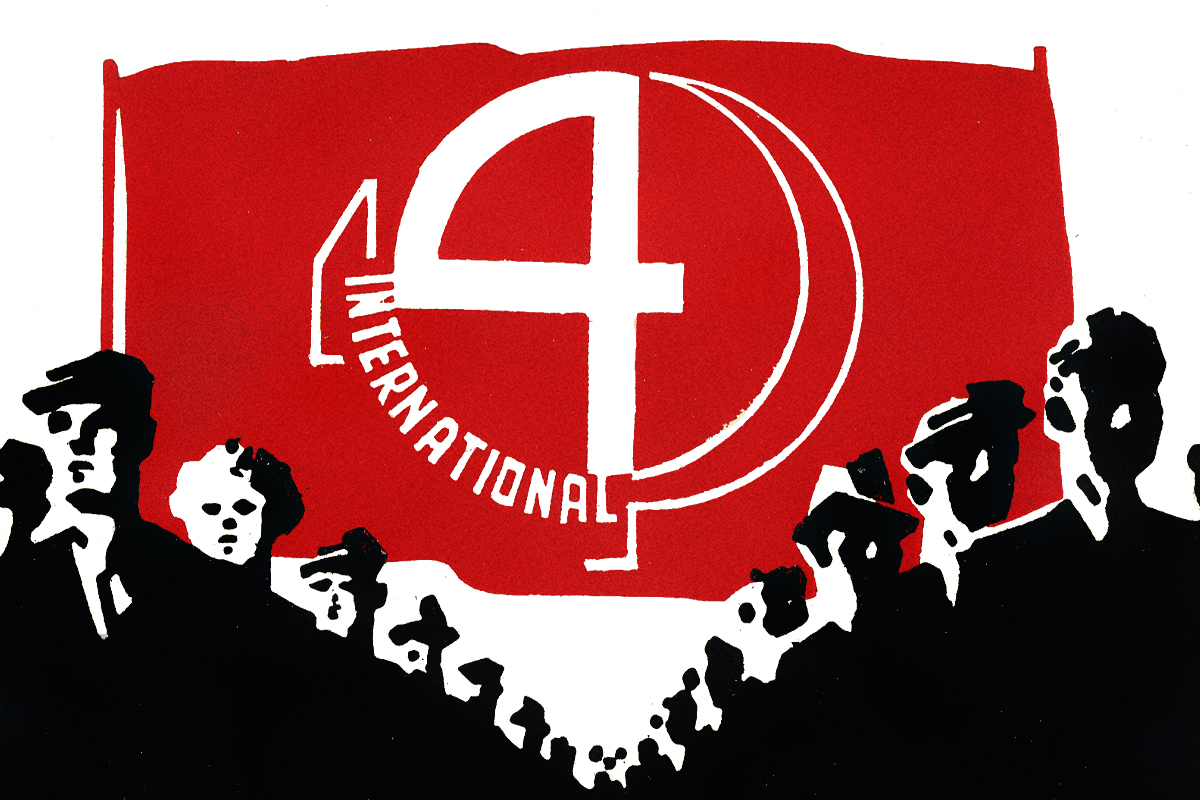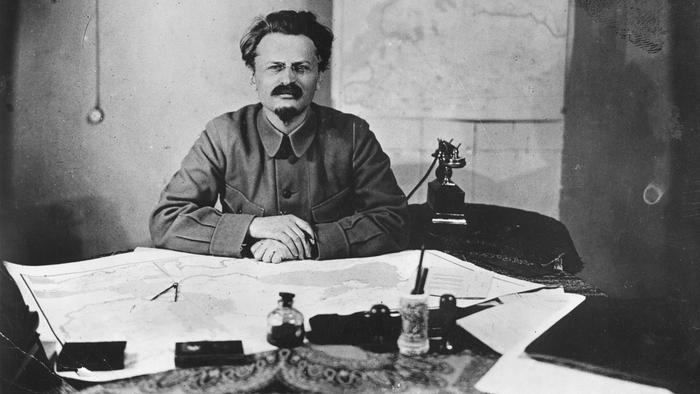“Politicians [warn] it would groom a new generation of youngsters in sectarian hatred.” – The Daily Mail.
“We don’t want to hand out UK taxpayers’ money to people that oppose the United Kingdom itself” – Tory MP Kemi Badenoch.
“APPALLED” – Ian Paisley.
Very concerning indeed!
But I’m sure our peace-loving friends would also care to condemn the killing of unarmed protestors, whipping up of sectarian pogroms, engineering famines, starving prisoners to death, tapping phones of grieving mothers, cheerleading loyalist thugs, and centuries of national oppression?
None of that is anywhere to be found of course. We have seen more hysterical condemnation of rap trio Kneecap’s new film than we have for the actual genocide of Palestinians in Gaza. The hypocrisy of the British ruling class and of the Unionist establishment knows no bounds.
Bold, progressive and good craic – everything these hypocrites aren’t – which is exactly why you should give the film a watch!
Synopsis
The Irish language film traces the history of rap group Kneecap, which depicts the tough realities of growing up in West Belfast. Unemployment, crumbling public services, poor housing and police harassment are what working-class youth face in the North of Ireland. This forces many, including childhood friends and rappers Móglaí Bap and Mo Chara into selling drugs to make ends meet.
Their lyrics, written in the Irish language, catch the attention of a music and Irish language teacher who becomes the group’s DJ – DJ Próvaí.
As the band’s popularity grows, they come into a head on collision with the pillars of the establishment. Police constantly harass them, newspapers publish hit pieces, radio stations refuse to play their music and DJ Próvaí gets sacked from his job.
Michael Fassbender plays Arlo, an ex-republican paramilitary on the run and the father of Móglaí Bap. He’s embarrassed by his son’s behaviour, and along with dissident Republicans, gives them an ultimatum: stop making music or die.
What is interesting about this film is that the old guards of the IRA are portrayed as washed out and finished as a social force; their methods out of step with the new generation of Republican youth.
For example, in a powerful and moving scene, Arlo is confronted by his wife comparing him to a Japanese soldier still fighting World War Two, fifteen years after it’s finished. Not that the GFA has solved anything for the Nationalist community – as the movie often reminds us – but his wife, his family and his community were forced to go on, and are daily faced with a myriad of crises and problems. He instead is stuck in the past, and is unable to carry on the fight – his son even makes fun of him for having turned to yoga, calling him “Bobby Sandals.”
While the boys still respect him for the sacrifices he made for the cause, he belongs in the past. This represents something significant: the new generation of youth want to fight, but they are looking for new ideas and methods.
Despite all the hypocritical accusations to the contrary, the movie also presents a bold rejection of sectarianism.
This runs like a thread through the production, with Mo Chara even falling in love with a Protestant, who can be seen learning Irish at the end of the film. When she confronts him over the lyrics of his song “Get your Brits out”, he clarifies they don’t mean ordinary Protestant workers, but the British establishment.
In numerous interviews, Kneecap have rightly pointed the blame for sectarianism at British imperialism for deliberately stoking violence to divide and rule workers of the Six Counties.
But as they often remark in their interviews, since the GFA, more people have committed suicide than were killed throughout the Troubles! There is no future under capitalism for working-class youth, whether Protestant or Catholic.
As the band recently stated “we have more in common with workers in any community in Belfast than a rich man in Dublin… the way forward is a workers’ revolution” – understanding that only a united, revolutionary struggle of workers across the sectarian divide can solve the issues facing ordinary people.
The plot of the film is driven by the struggle between the old and the new. It ends with Arlo handing himself over to the authorities and finally giving his nod of approval to the band. It symbolizes a changing of the guard, a handing over of the baton to the next generation of Republicans.
Reception
Kneecap are using their profile to boldly speak out against injustice. For a long time they have been vocal in their support for Palestine. During their recent Reading festival set, they played to a backdrop stating “THE BRITISH GOVERNMENT IS ENABLING A GENOCIDE IN GAZA”.
They have spoken out on the Tories’ engineering of the housing crisis, “they need to start building social housing instead of building high-rise apartments for fucking millionaires.”
They are also taking the Tories to court after MP Kemi Badenoch personally blocked them from receiving a £15,000 artists’ grant. This is an outrageous attack on artistic freedom. And an admission that under capitalism, you can make art as long as it conforms to the status quo and doesn’t threaten the rule of the bankers and capitalists. Instead of inspiring innovation, capitalism stifles creativity, particularly in the arts.
But Kneecap have come out swinging. The more they come under attack, the more popular they become.
They don’t bend their principles to please the suits in Westminster, and they don’t alter their sound to please the billionaire record companies. They instead stand for something real, that talks about the issues young people face in a society that offers them nothing.
The reason Kneecap are targeted, therefore, has nothing to do with stoking “sectarian hatred”. It instead has everything to do with the fact that they are inspiring a new generation to fight back against the system and the rotten establishment that defends it.
Revolutionary Optimism
Nowadays, many artists trying to pass comment on the world draw pessimistic conclusions, only pointing out the endless negative features of modern society. Kneecap’s popularity lies in their commitment to the opposite.
They (rightly) highlight the world’s many injustices in their uniquely satirical way. But, they also propose something positive and give cause for optimism.
In 2021, only 6,000 people in the North of Ireland said they used Irish as their first language, equating to 0.3 percent of the population. This being the product of eight centuries of British domination and subsequent suppression of the language.
The band’s unapologetic and imaginative use of the Irish language, backed by their anti-establishment politics, has inspired a new generation of young people to learn their native tongue.
Cultural movements can play an important role in drawing people into the class struggle. If organised around a working-class program for a Socialist United Ireland, there would be no force on earth that could stop it.




